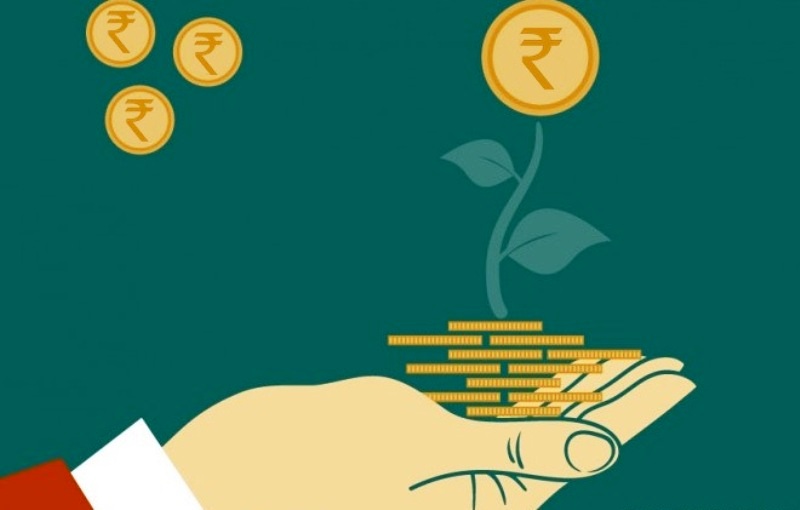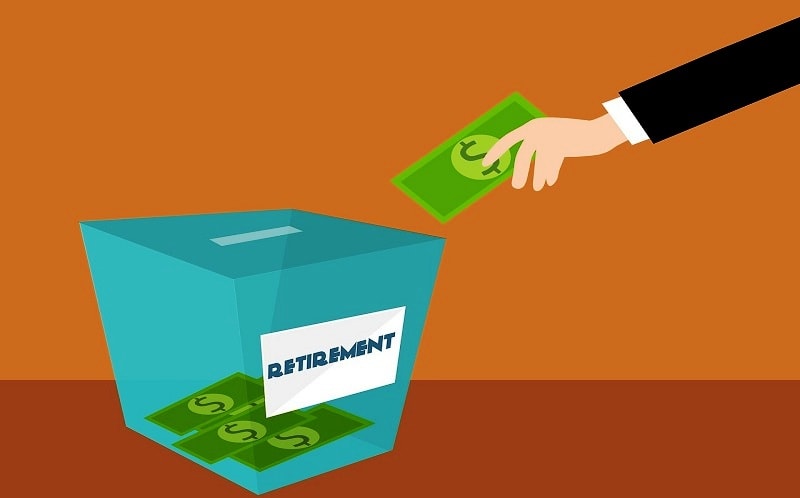You can make a lot of money but if you do not know how to manage your money, you will encounter difficulties. To manage your personal finances well is essential to advance and not to be a simple average consumer.
If you are about to get your finances in order and optimize them, it’s probably because you have a plan in mind. You need motivation. This motivation can come from goals that you have set, such as becoming financially independent, leaving your comfort zone and going around the world next year, buy an apartment etc. Whatever your goals, find a reason why you need to optimize the management of your finances.
To overcome the challenge of personal finances, nothing beats good planning and motivating goals.
1. Define your financial goals
Buying a first home, starting a family, retiring at age 60 or traveling several months a year: these are all goals that make you dream. If one wants to realize one’s dreams, one must start by setting financial goals. Also, good financial planning is the key to success.
When defining your goals, you have to think in the short and long term. What do you want to accomplish in the coming months? Can you save enough to afford the much-deserved trip after a busy year? Should you instead start contributing to an RRSP? These are short-term goals.
Those who are beyond the six-month or one-year horizon are in the middle term, for example buying a first home in three years. In the long term, it is normally our life projects.
The benefit of setting financial goals is to realize what financial measures are needed to achieve them. If buying a first home seems unreachable when you’re 20, it becomes more realistic when you set a monthly savings schedule.
2. Make a personal budget
The personal budget is the everyday tool to achieve its goals in the short, medium and long-term. It keeps track of our income and expenses and gives us a clear picture of our financial situation. Many people avoid making a budget because they believe that it is necessarily binding. A budget is above all a matter of choice. We must first stop prioritizing spending, and then have the discipline to make consistent decisions every day.
Personal finance advisers also agree on the importance of establishing a financial cushion that is equivalent to three to six months’ salary, for contingencies. If you lose your job or a loved one falls ill, you can continue to pay your rent and expenses until the situation is restored.
3. Understand the rules of saving
The budget also includes the savings. Saving early is a highly profitable strategy because every year, you usually make a little profit from the money you save. Because savings usually generate interest. For example, if you save $ 10,000 at an annual interest rate of 2%, you will have $ 10,200 at the end of the year. You are getting $200 more without any effort. If we repeat the operation every year, the amount that becomes fruitful becomes even more important, especially if we regularly save.
4. Reduce and eliminate debts
Do not wait until the debts crush you before taking the situation in hand. Eliminating them as soon as possible will have a lasting impact on your future financial health since the longer you drag a debt, the more expensive it becomes in the end. It is possible to reduce one’s debts by cutting some non-essential expenses in one’s budget, by always paying the minimum and repaying the largest loans first.
5. Manage your money according to your profile
If you are a student you must have to juggle classes, jobs, part-time work, tuition, and books that are sometimes very expensive. To avoid getting lost in the whirlwind of a young adult’s life, an adopted budget is the key. A student can focus on his studies, without financial worries. Many students even choose to work only in the summer, as they plan their spending well throughout the year.
If you are a parent the birth of a child causes a lot of upheavals, especially in financial terms. Not only does it cause a lot of expenses, but it often causes a drop in income for parents, who take parental leave. According to a study a toddler can incur up to $ 3,000 in extra expenses per year for a household, while it takes about $ 4,500 a year for a teenager. It is better to plan it in your budget if you plan to start a family.
If you are retired the retreat is obviously made for fun, but that’s no reason to lose sight of your finances. Retirement is often accompanied by a decline in income, so expenses must also follow. Of course, a well-planned retirement will be more enjoyable, as it will not result in a significant decline in the standard of living. That’s why starting to save early should be a winning strategy for everyone’s lives.
Signs that your personal finances are doing poorly
- When there is a balance on the credit card at the end of the month: The credit card is a source of short-term credit that should be paid back monthly. Interest rates are too high to make another use.
- When you are unable to save: Savings should be a budgeted habit in the same way as any current expense. We deserve, after all, that a portion of the hard-earned money goes towards our projects, not just the cost of living.
- When there is a gap between your priorities and the reality: if you are feeling overwhelmed by your financial situation because you are unable to invest in what you deem important, is undoubtedly a big red flag.
Conclusion:
From a personal development perspective, we all need money to make our projects a reality and achieve our goals. It is possible to have projects that do not take into account money, certainly, but in our life, money allows many things. To find accommodation, to plan a trip, to organize a wedding, to invest, to even simply, to provide for one’s needs, money is necessary. Money is not an end in itself, money is a means.





























